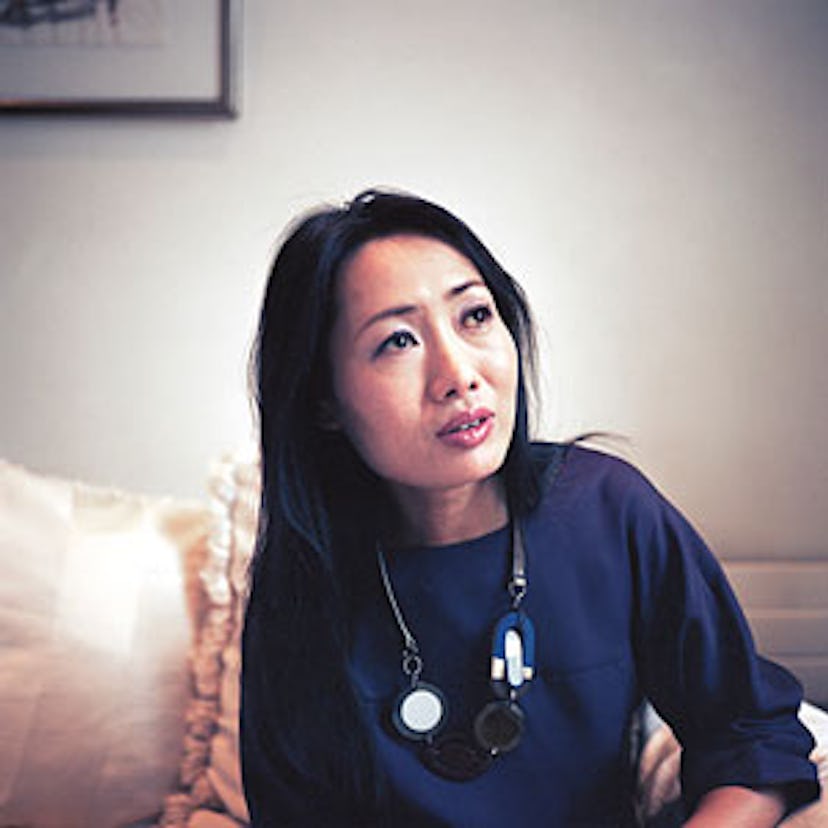Fine China

Until recently Diane Wei Liang was a management professor at the University of London. But last year her manuscript for The Eye of Jade, a story about a female detective in Beijing, was sold to publishers in 25 countries—almost unheard of for a fiction debut. “Suddenly,” she says, “there was all this pressure to write more!” She ditched the teaching job, started on the sequel (which she has already finished) and is now onto a third book.
The unlikely transition from business prof to hot novelist is just the latest twist in Liang’s dramatic life story. Born in Beijing, Liang, 41, spent her early childhood in a labor camp, where her parents, condemned during the Cultural Revolution because they had college degrees, were sent to be “re-educated.” “We lived there for three years, with no sanitary water, guarded by soldiers,” says Liang. After the family was freed, Liang returned to Beijing and in 1989, when the Tiananmen Square uprising began, joined in the protest. “I was walking up to tanks, guarding the square and the hunger strikers,” she remembers. Soon after the violent crackdown, she fled the country, heading for Virginia’s College of William and Mary, where, luckily, she had already arranged a scholarship. She went on to earn a Ph.D. in business administration from Carnegie Mellon.
Liang, who has lived in London for a decade, began writing as a form of therapy, first penning a memoir that was published in the UK in 2003 (a U.S. release is planned for 2009). “I wanted to write about my past. It felt heavy,” says the married mother of two, who makes annual trips to visit family in Beijing. The Eye of Jade, on the other hand, deals with China’s present. Though a page-turner—complete with murder and family secrets—the novel, out in February, also deftly captures life in the newly capitalistic society. “Every generation is rebellious,” she says. “But today students are more likely to protest about not being able to find high-paying jobs.”